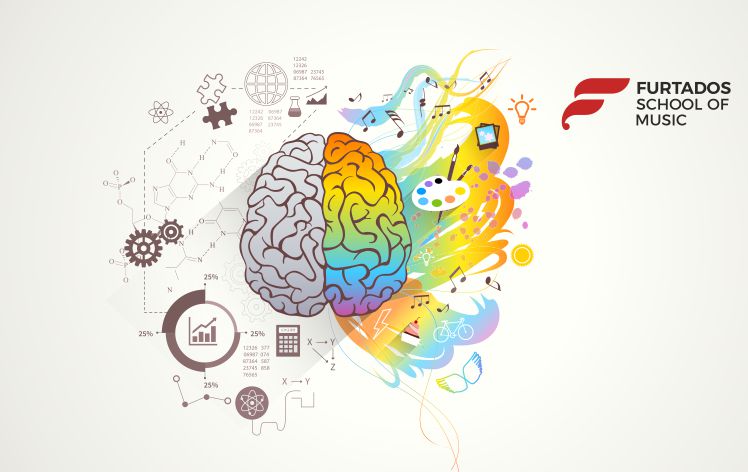As an aspiring musician we all want to get better at the art. And you are already in the dreamland where you see yourself performing in front of masses who are swooning to the music created by you. This kind of dream is good to have but it also makes us impatient and restless towards achieving our musical goals.
So when you start questioning about how to become a good musician, you will come across a lot of people who will ask you to practice consistently and repeatedly. While practicing can be a key to mastering any art, blindly practicing will only take you further away from your goals. Because if you make a mistake and without realizing it continue practicing, you will add that mistake and learn the song or tune with that mistake being an integral part of your performance.
So I am listing below a few tips and strategies that will surely help improve your skills as a musician.
And I can assure you that every point in this list will help speed up your learning.
- Listen to the song really well.
In your rush to start playing the song you never really listen to the song. The first thing you need to do is lay down your musical instrument and close your eyes and listen to the song intently. Get to know how the riff and the melody in the song plays note by note. Once you have the song mapped in your head, it will considerably decrease the amount of time you would otherwise take to learn the song on your musical instrument.
- Get to know the song, bit by bit
Another trick would be breaking down every aspect of the song, break the pitch, rhythm, phrase, breathing, song form, timbre, note length. Once you break it down you will be able to learn the song bit by bit and then complete the big picture. This is a much better approach than targeting the song in its entirety and making small mistakes.
- Practice with a slow pace
When you practice in a normal or a fast pace, you tend to miss out on the tiny mistakes. So go really slow with your practice which will allow you to identify any errors and you will be able to fix them at once.
- Try not to perform while you are practicing
Let’s keep the run-through or performance towards the final phase of the practice. Don’t attempt to perform at the beginning as it can prove to be a disaster towards your practice. Also think about it, by the time you reach the end of your practice you don’t need to be told to perform, end of the practice would automatically mean you are ready to perform. So why skip steps and get in the performing mode at the beginning.
- Focus, really really focus
If you are trying to fix some error or issue in your play and need to concentrate really hard, phase out every other insignificant thing around you. No matter where you are, think that you are all alone with your musical instrument. And when all that you see, hear and feel is your movement and progress while trying to fix the issue, trust me you will learn very rapidly without having to try too hard.
- Know what you’re Doing
Keep a specific goal in your mind whenever you are practicing. Never practice just for the sake of it. When you are working towards a specific goal and diligent practice leads you to mastering that goal it’s more fulfilling and will motivate you to set smaller goals. Remember, bit by bit is the key here.
- Visualize your success
No matter how diligently you have practiced, as a human, we all worry about making mistakes. However the practice of visualization really helps to take the pressure off. Close your eyes and visualize that you are performing flawlessly. Visualize yourself with your musical instrument playing every bit of the song or tune. Visualization is a very powerful tool used by many musicians and sportsmen to tune their mind to an impeccable performance which can ultimately lead to success.
- Practice the art of perfection
Tell yourself that you have to know and learn every nook and cranny. So pay attention to the smallest of the details that you would usually ignore. Be very precise with your rhythm and tempo and try to be as accurate as possible.
- Know who to listen to
As always we humans are prone to giving advice without being asked for it. So while you are practicing your art, you will come across heaps of advice and do’s and don’ts. Listen to all of it but know which advice to follow and which one you shouldn’t. Pay attention to experienced people, people who have made mistakes and learnt from them. People who have some insight to give and best of all follow the one that works best for you.
